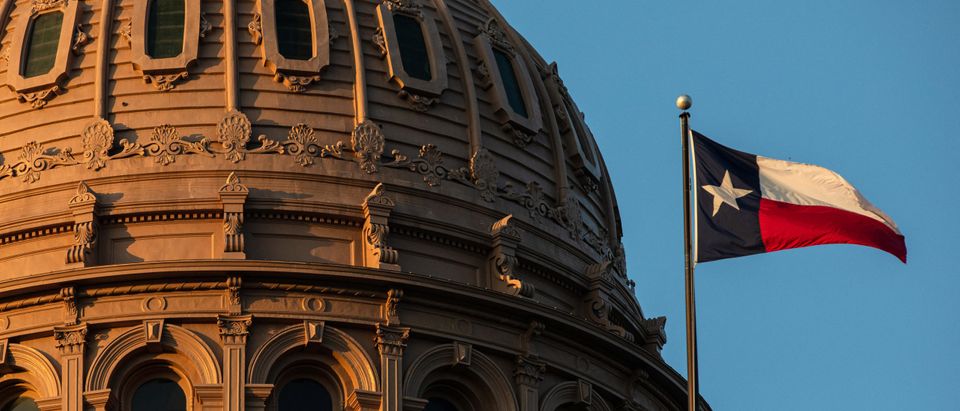A new university based in Austin, Texas is being established to cancel the increasing number of “cancelations” taking place on college campuses across the nation. The University of Austin aims to be a “maverick” of free speech and open discourse.
The university announced that it was going public on Nov. 7 via a popular Substack publication run by journalist Bari Weiss. President Pano Kanelos, the former president of St. John’s College in Annapolis, told the Daily Caller that within 24 hours of the university going public, the school received over 1,000 inquiries from professors at other universities.
We got sick of complaining about how broken higher education is. So we decided to do something about it.
Announcing a new university dedicated to the fearless pursuit of truth: @uaustinorg:https://t.co/ZqRLXcF2n0— Bari Weiss (@bariweiss) November 8, 2021
Kanelos believes that the school’s nearly immediate popularity stems from the lack of civil discourse that is provided to students and faculty members on the nation’s traditional college campuses.
“There just aren’t enough institutions right now that are modeling open inquiry, civil discourse, and providing options to students who are looking for schools that are inviting them into an intellectual adventure.”
The general feeling that civil discourse is waning is backed up by a report from the Center for the Study of Partisanship and Ideology. Nearly a quarter of academics studying or teaching in social sciences or humanities say that ousting a colleague for having a “wrong opinion” about gender or immigration issues is appropriate. And, four out of five Ph.D. students in America say they would discriminate against right-leaning scholars.
According to the University of Austin’s website, the goal is to establish an undergraduate college by 2024 and be “fiercely independent — financially, intellectually, and politically.” (RELATED: New University To Fight Censorship And Fear In Academia)
Kanelos told the Daily Caller he is hopeful that the city of Austin will be conducive to the university’s goals. The “liberal, progressive city” is “embedded within Texas,” Kanelos argues that “people here have to encounter people with different opinions in both directions.”
“That’s the spirit of the institution,” Kanelos said.
The ideal learning community for the University of Austin is small enough that students “know the people they are with,” but large enough to have a slew of differing ideologies, according to Kanelos. The university’s ambition is to have 3,000-4,000 undergraduates and to create a culture where the desire to “cancel” other students or faculty is minimized. All decisions moving forward will be “mission-driven,” Kanelos said.
Kanelos told the Daily Caller that the university will also be “resolutely opposed to any kind of administrative system that attempts to mediate between human beings” when it comes to differences in opinions. Many traditional universities offer “bias reporting systems,” which allow students to file administrative grievances against their peers or faculty. The Austin-based college will not allow such administrative systems to exist.
Kanelos said that the university’s ultimate goal is to attract students, faculty, and speakers to the college not because of their politics, “but in spite of their politics.”
“We don’t care about someone’s politics, we just want the sharpest,” he said. “If you build [the university] in a way that protects and preserves the fundamental principles of open inquiry and civil discourse, you will draw people into coming here not because of their politics, but in spite of whatever politics they had.”


